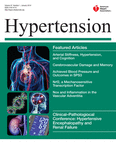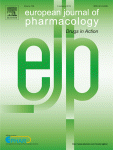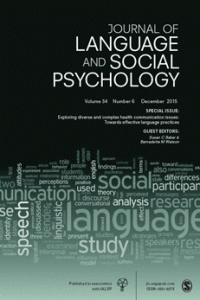 Anna Ahimastos, a heart researcher who faked patient records, has notched her 7th retraction.
Anna Ahimastos, a heart researcher who faked patient records, has notched her 7th retraction.
One more paper is expected to be retracted, according to a spokesperson from her former institution, the Baker IDI Heart & Diabetes Institute in Australia.
As with the other retractions, the 2005 paper in Hypertension — about how the hypertension drug ramipril may help alleviate cardiovascular disease — is being pulled after Ahimastos admitted to scientific misconduct. She asserts the data remain valid, and has not signed the retraction notice.
The Hypertension paper has been cited 63 times, according to Thomson Scientific’s Web of Knowledge. Here’s the retraction note in full (the language will be familiar to readers who have been following this case):
Continue reading 7th retraction for heart researcher who faked patient records






 When two papers include the same images of rat hearts, one of those papers gets retracted.
When two papers include the same images of rat hearts, one of those papers gets retracted.
